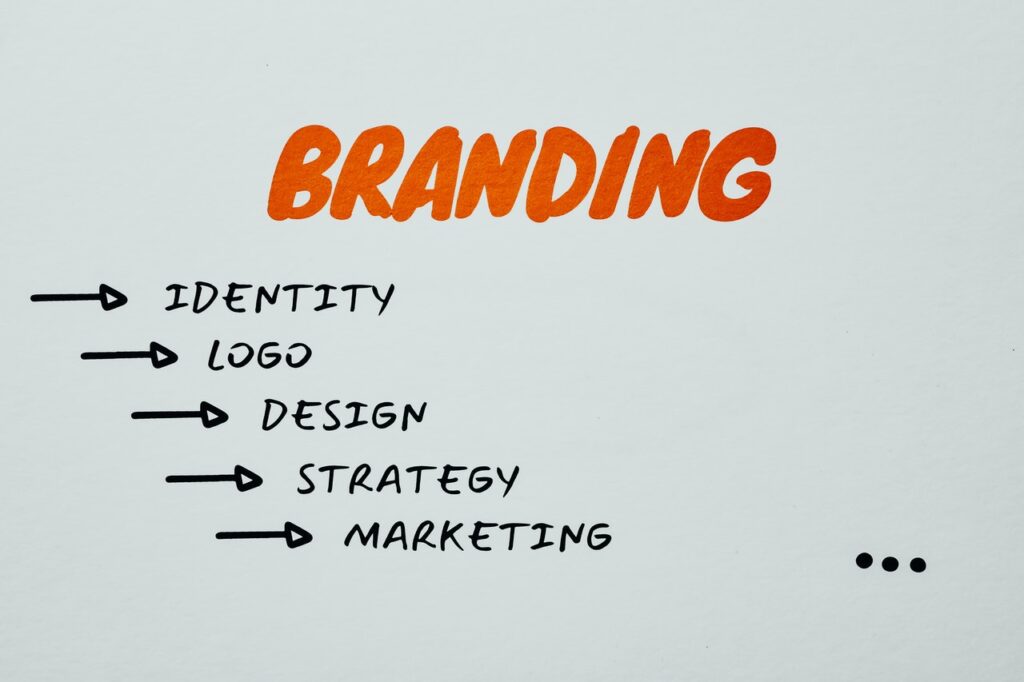Ever wondered why you always refer to a particular product when you are asked to choose items or products you like most. For instance, it is expected that you’ll either pick Pepsi or Coke when asked about the soft drink you may like.
Businesses invest a large amount of money to ensure their brand and presence are constantly in the consumer’s head. What makes that thought of a particular product you’ll always go to is called brand awareness. Read more through the post to understand brand awareness and the different types available.
What is brand awareness?
Brand awareness is the degree to which your brand is known or recognized among your customers and other target audience groups. It is the customers’ responsiveness towards the brand when they;
- See the brand together with other top brands when they shop.
- Tell their friends about it.
- Hear about the products from that company.
- When they see the adverts about the brand.
- Have had a previous encounter with the company’s products.
Basically, brand awareness is the first step towards influencing customers’ decision-making. While there is no guarantee that people will buy your product if you get the awareness, it is still an important metric that, if coupled correctly with other factors like customer service, there is surety of boosting sales.
Importance of brand awareness.
It is true that people prefer known products or items rather than the unknown ones. Brand awareness is the foundation of getting your brand known. Let’s look at the various importance of brand awareness below.
- Creates positive perception.
Brand awareness is done through platforms like social media, referrals, PR, adverts, and mainstream media. When done correctly, it creates a positive impression in the customers’ minds and compels them to buy.
For example, imagine a friend recommended to you a Chinese restaurant where he got good service. Even though you might not be a fan of Chinese culture, you will positively perceive it and even recommend it to someone.
- Creates a network.
If executed in a good way, brand awareness spreads like a bushfire. It becomes a topic for discussion and creates a network that can be used for other marketing reasons. An example of brands that did not advertise themselves but people became aware of it from word of mouth is TikTok. The users spread the news through their videos and words of mouth.
- It develops trust.
When you hear people sharing stories of a good shopping experience from a particular brand, it means that you have trusted the company in some way. This brand loyalty will make you trust the brand even if you have not interacted with it.
- Builds brand equity.
Brand equity is the value of the business as a different asset. And the more a brand is known, the more value it adds. Awareness allows generic offering to stand out since it is offered by another brand.
Types of brand awareness
There are three categories of brand awareness based on the prejudged aim of the awareness campaign. Understanding the types of brand awareness is one of the fundamental factors for creating an awareness campaign.
This is because any marketing approach in the business is designed depending on the current awareness degree of the brand among its target audience.
- Brand recognition.
This is when customers can recognize and differentiate the brand from other brands when they contact it. This type of awareness does not require that people remember the name but focuses on whether they can identify it when they notice it in stores or points of sale.
- Brand recall.
This is a natural recall of the brands’ name when a customer is given a product category booklet. The only shortcoming of this type of brand awareness is that most people can’t recall more than two brand names.
This can be linked to personal and brand factors like knowledge level, the employer’s marketing strategies, or the execution of the awareness program.
- Top-of-mind awareness.
This is a brand awareness approach that targets the collection of three brand customers often purchase. It is also called the customer’s consideration set. Moving a client into this set is the ultimate target of this brand awareness.
Conclusion
Albeit vague, brand awareness is an important concept that can significantly impact your business’s marketing strategies, revenues, and brand perception. To start on a brand awareness campaign, ensure you know the types of awareness so that you may tweak your strategy based on the trending forms of awareness.

